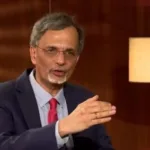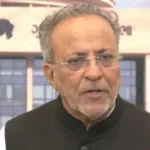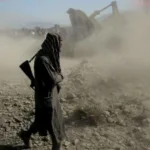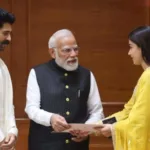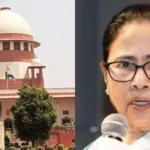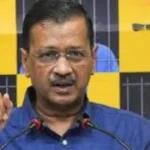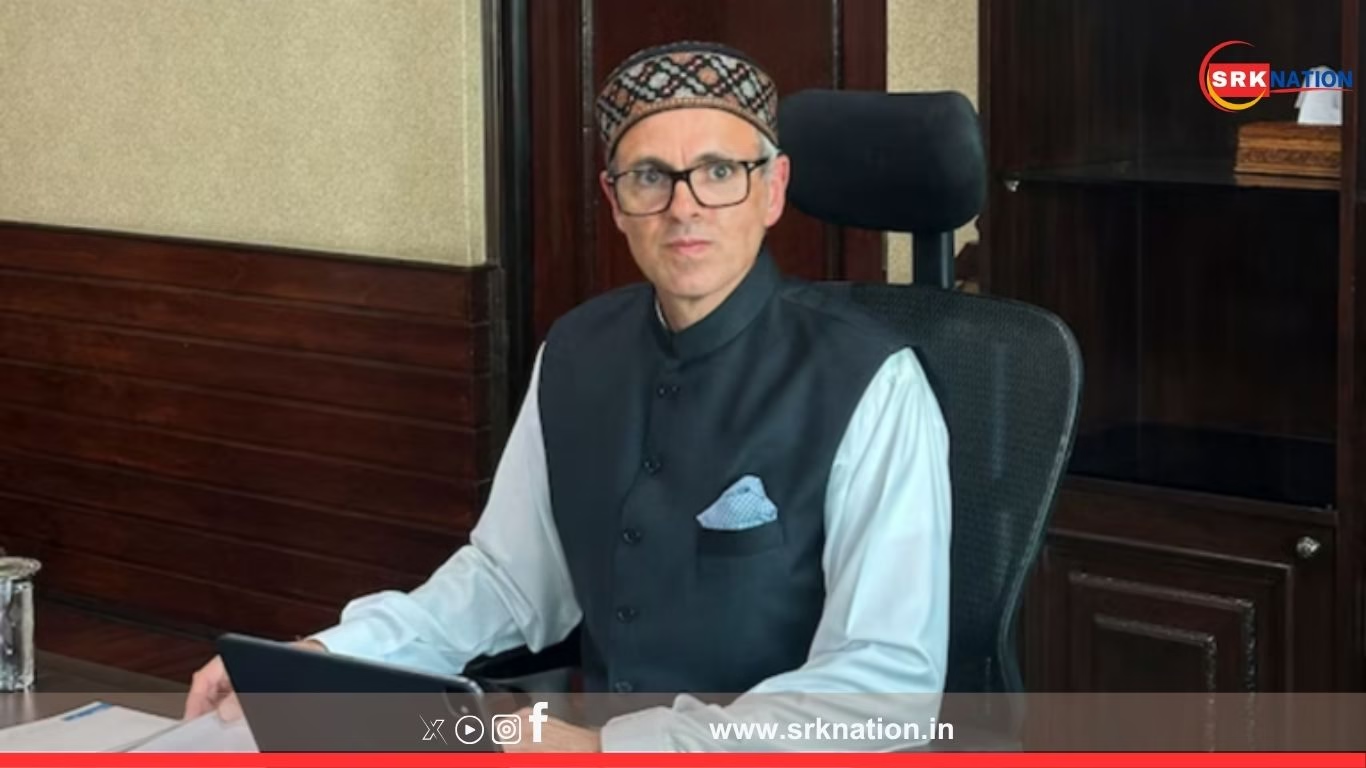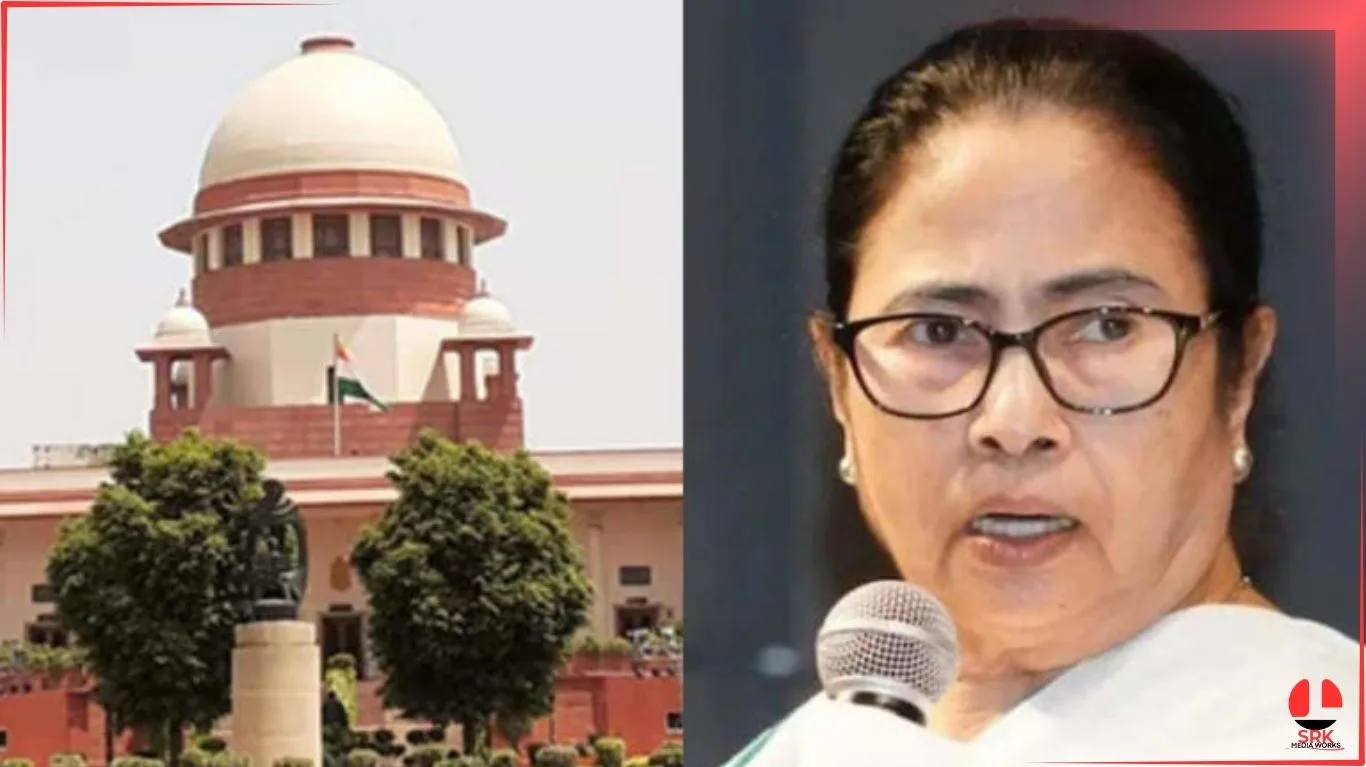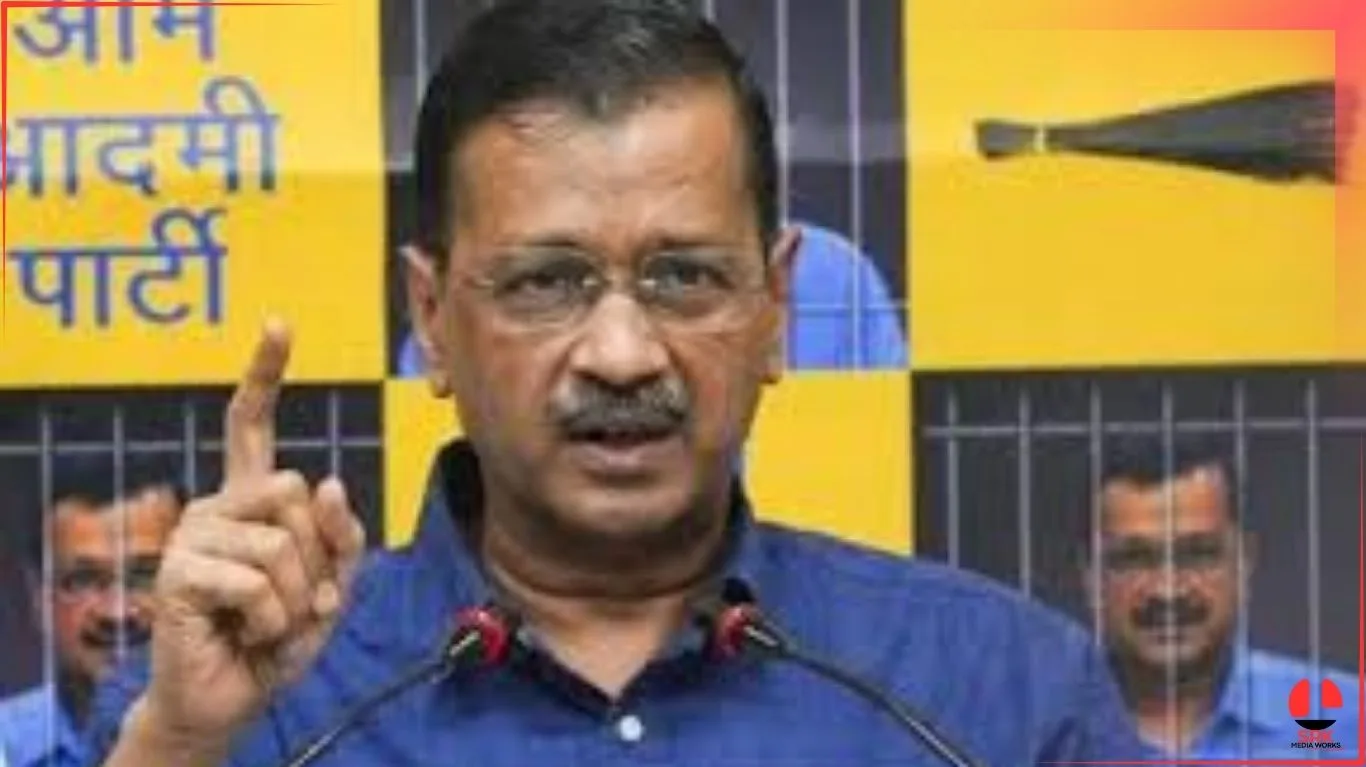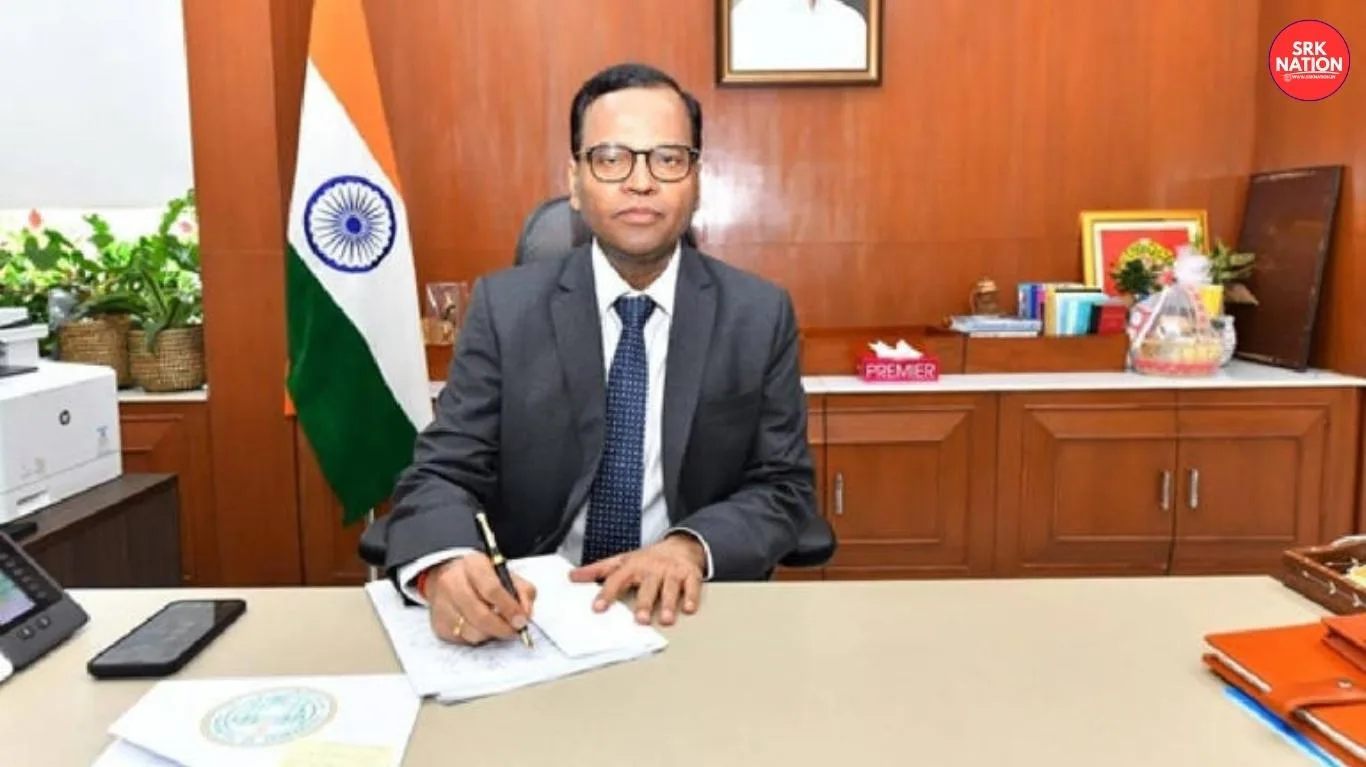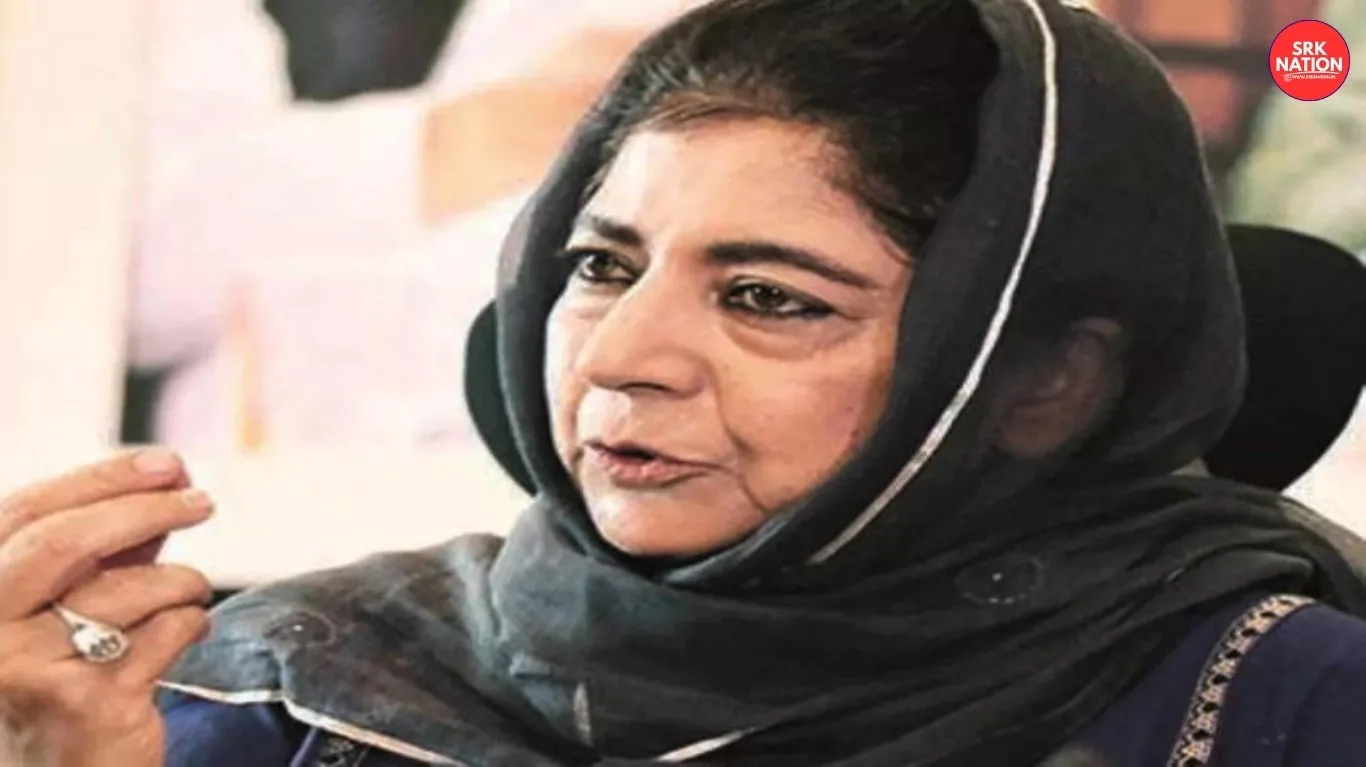Former Jammu and Kashmir Chief Minister Omar Abdullah has poured cold water on the swirling buzz around the possible restoration of statehood to Jammu and Kashmir, saying that “nothing will happen tomorrow.” His statement comes amid rising political speculation that the Centre might take a concrete step during the upcoming monsoon session of Parliament regarding the political status of the Union Territory.
While the senior National Conference (NC) leader downplayed the possibility, the current Lieutenant Governor and local leadership have hinted at some movement, though they remained vague. Abdullah, however, was categorical in his response, calling the talk “a gut feeling” without substantive backing.
This development has once again brought Jammu and Kashmir’s statehood issue to the forefront of national political debate, triggering renewed reactions from regional parties, national leaders, and the general public.
Omar Abdullah’s Stark Dismissal of Speculation
Speaking to reporters during a party meeting, Omar Abdullah made it clear that he doesn’t foresee any immediate decision from the central government on restoring Jammu and Kashmir’s statehood.
“It’s just talk. Every now and then, a rumour surfaces about the return of statehood. This is nothing but political guesswork. Nothing will happen tomorrow. This government doesn’t work like that,” Abdullah said.
Abdullah’s blunt tone reflects the long-standing frustration of mainstream Kashmiri political parties with what they describe as the Centre’s opaque handling of the post-Article 370 governance framework.
He also added, “Even if something is announced, it will be cosmetic. Real statehood involves constitutional and legal empowerment. It is not just about having a Chief Minister.”
The Chief Minister’s “Gut Feeling” Sparks Curiosity
Interestingly, a senior leader in the current J&K administration has expressed cautious optimism. Speaking anonymously, the CM-level official commented that he feels “hopeful” ahead of the monsoon session, saying:
“It’s just a gut feeling. The mood in Delhi seems different. Maybe the Centre will surprise us this time.”
Though the comment lacks confirmation or detail, it has added to the ongoing chatter that a major announcement may be on the cards as Parliament reconvenes.
The Political Context of the Speculation
The last few weeks have seen a surge in political activity in Jammu and Kashmir. Home Minister Amit Shah recently reviewed the security and development status of the region, and BJP leaders have been active in outreach programs across the Valley and Jammu.
This has led to speculation that the Centre could be preparing to restore statehood — at least partially — in a phased manner, possibly starting with assembly elections.
| Key Political Developments in J&K | Timeline |
|---|---|
| Abrogation of Article 370 | August 2019 |
| Jammu & Kashmir Reorganisation Act | October 2019 |
| Bifurcation into two UTs | October 2019 |
| Delimitation Commission Formed | March 2020 |
| Final Delimitation Report | May 2022 |
| Panchayat Elections | December 2023 |
| Speculation on Statehood Return | July-August 2025 |
People’s Sentiment: A Mix of Hope and Disbelief
Public opinion in Jammu and Kashmir remains divided. While some citizens welcome the return of statehood as a path toward restoring democratic representation and administrative autonomy, others remain skeptical about the Centre’s intentions.
The repeated postponement of assembly elections has only deepened this skepticism. Omar Abdullah echoed this sentiment, saying:
“They could’ve held elections years ago. If the intention was genuine, statehood would’ve been restored before elections. Now they want to control everything.”
Reactions from Other Regional Parties
The People’s Democratic Party (PDP) also weighed in, calling the Centre’s silence “politically manipulative.” PDP leader Mehbooba Mufti said:
“What’s stopping them? If they really want to restore democratic rights, they should announce it formally in Parliament. Half-baked signals mean nothing.”
Other regional parties, including Altaf Bukhari’s Apni Party and Ghulam Nabi Azad’s Democratic Progressive Azad Party (DPAP), have been cautiously optimistic, suggesting that the Centre is laying groundwork through administrative reforms and outreach.
Statehood vs Full Autonomy: A Core Difference
While the return of statehood may seem like a step toward political normalcy, leaders like Omar Abdullah emphasize that it does not equate to restoring the special status under Article 370.
| Feature | J&K Before Aug 2019 | J&K After Aug 2019 |
|---|---|---|
| Article 370 Special Status | Yes | No |
| Separate Constitution | Yes | No |
| Dual Citizenship Prohibited | Yes | No |
| Statehood | Full State | Union Territory |
| Local Land Rights Protection | Yes | Limited/Changed |
| Elected Legislative Assembly | Yes | No (since 2018) |
This has led many to argue that even if the statehood is restored, the essence of Jammu and Kashmir’s autonomy is still missing.
National Political Implications
With the monsoon session expected to be politically charged, the issue of Jammu and Kashmir’s statehood may feature prominently in parliamentary debates. The opposition is likely to corner the government on its long-pending promise of elections and statehood.
Congress, while supporting the restoration of statehood, has also demanded that Article 370 be reinstated. The Left and regional allies have echoed similar sentiments.
For the BJP, any announcement could serve as a political masterstroke, especially ahead of future elections. Restoring statehood could be projected as a gesture of reconciliation, while maintaining the narrative of national integration.
A Strategic Timing?
Many analysts believe that if the Centre does announce a roadmap for statehood restoration during the monsoon session, it would be timed carefully to reap electoral benefits in both J&K and national polls.
“This could help BJP regain ground in Jammu and make inroads in the Valley,” said a political observer. “It could also neutralize some criticism ahead of national elections.”
The Road Ahead: Possibilities & Concerns
At this point, several scenarios remain possible:
- Announcement of Statehood with Elections Timeline
- Phased Restoration — Starting with Assembly Elections
- Only Administrative Changes — No Major Announcement
- Status Quo Maintained Until 2026 or Later
Until the Parliament resumes, much remains speculative. However, one thing is certain: Jammu and Kashmir remains a focal point of India’s political and constitutional debate.
Summary of Political Sentiments Across J&K
| Party | Position on Statehood | Stance on Article 370 |
|---|---|---|
| National Conference (NC) | Demands full statehood with Article 370 | Strongly supports restoration |
| PDP | Supports statehood with full autonomy | Wants Article 370 back |
| BJP | Favors phased statehood without Article 370 | Opposes special status |
| Apni Party | Supports immediate elections and limited statehood | Neutral |
| DPAP (Ghulam Nabi Azad) | Wants administrative autonomy | Soft on Article 370 |
Disclaimer: This news article is based on publicly available information, political statements, and regional developments as of August 2025. It is intended for informational and journalistic purposes only. Readers are advised not to draw conclusions based solely on political speculations.

